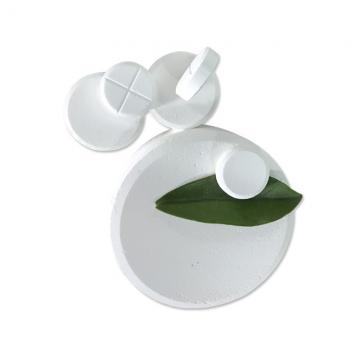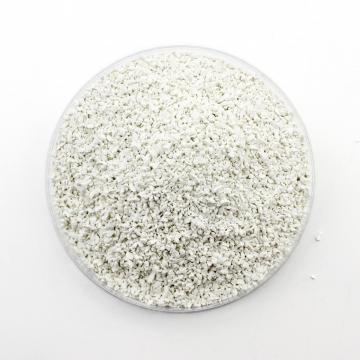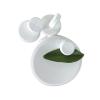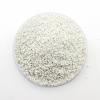Product Description
Polyacrylamide is a water-soluble organic high molecular weight polymer. Polyacrylamide has good flocculation, adsorption decolorization, reduced resistance, thickening and adhesion. As a flocculant, polyacrylamide is widely used in urban sewage, industrial wastewater treatment, sludge dewatering, coal washing, mineral processing, oil exploitation, river and lake drinking water treatment. The adsorption and decolorization properties of polyacrylamide are commonly used in the papermaking, printing and dyeing, textile and leather production industries.
Application Fields
Purifying drinking water, sewage.
Industrial water purification, industrial wastewater, mining, oil field injection water, metallurgy, coal washing, leather and all kinds of chemical waste water treatment.
Industrial production: Paper sizing, dye printing, bleaching and dyeing, medicine and other industries.
In artificial coal industry, it is used for separating coal and water with excellent effect. In the oil refining industry, for oil and water separation.
Packaging & Delivery
Packaging Details
The packaging of poly aluminum chloride is 25kg plastic woven bag or ton bag. If the demand is small, we can arrange to send the assembly cabinet. If the entire cabinet is required, 20 GP can hold 25 metric tons .
Port
Qingdao, Lianyungang, Shanghai, Tianjin

Water chlorination - Wikipedia
Water chlorination is the process of adding chlorine or chlorine compounds such as sodium hypochlorite to water. This method is used to kill certain bacteria and other microbes in tap water as chlorine is highly toxic
Description of the Process - Chlorinated Drinking-Water
Prior to the successful widespread introduction of chlorination, water treatment techniques existed that included filtration, followed by chemical precipitation and
Chlorination of Drinking Water - Water Research Center
Chlorination is effective against many pathogenic bacteria, but at normal dosage rates it does not kill all viruses, cysts, or worms. When combined with filtration,
What is Chlorination? — Safe Drinking Water Foundation
Jan 23, 2017 - Along with other water treatment processes such as coagulation, sedimentation, and filtration, chlorination creates water that is safe for public
Chlorination of Drinking Water - Water Research Center
Chlorination is effective against many pathogenic bacteria, but at normal dosage rates it does not kill all viruses, cysts, or worms. When combined with filtration,
Water chlorination - Wikipedia
Water chlorination is the process of adding chlorine or chlorine compounds such as sodium hypochlorite to water. This method is used to kill certain bacteria and other microbes in tap water as chlorine is highly toxic
Water chlorination - Wikipedia
Water chlorination is the process of adding chlorine or chlorine compounds such as sodium hypochlorite to water. This method is used to kill certain bacteria and other microbes in tap water as chlorine is highly toxic
What is Chlorination? — Safe Drinking Water Foundation
Jan 23, 2017 - Along with other water treatment processes such as coagulation, sedimentation, and filtration, chlorination creates water that is safe for public
Water chlorination - Wikipedia
Water chlorination is the process of adding chlorine or chlorine compounds such as sodium hypochlorite to water. This method is used to kill certain bacteria and other microbes in tap water as chlorine is highly toxic
What is Chlorination? — Safe Drinking Water Foundation
Jan 23, 2017 - Along with other water treatment processes such as coagulation, sedimentation, and filtration, chlorination creates water that is safe for public





